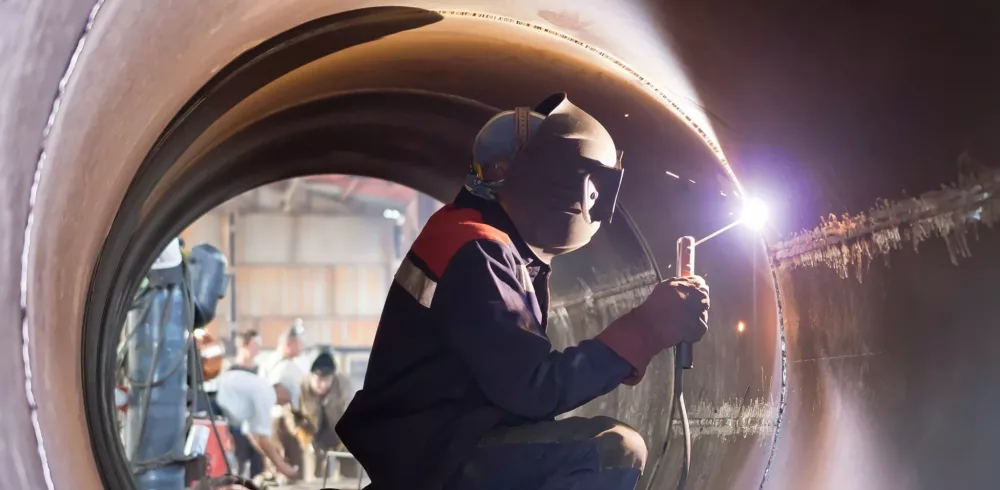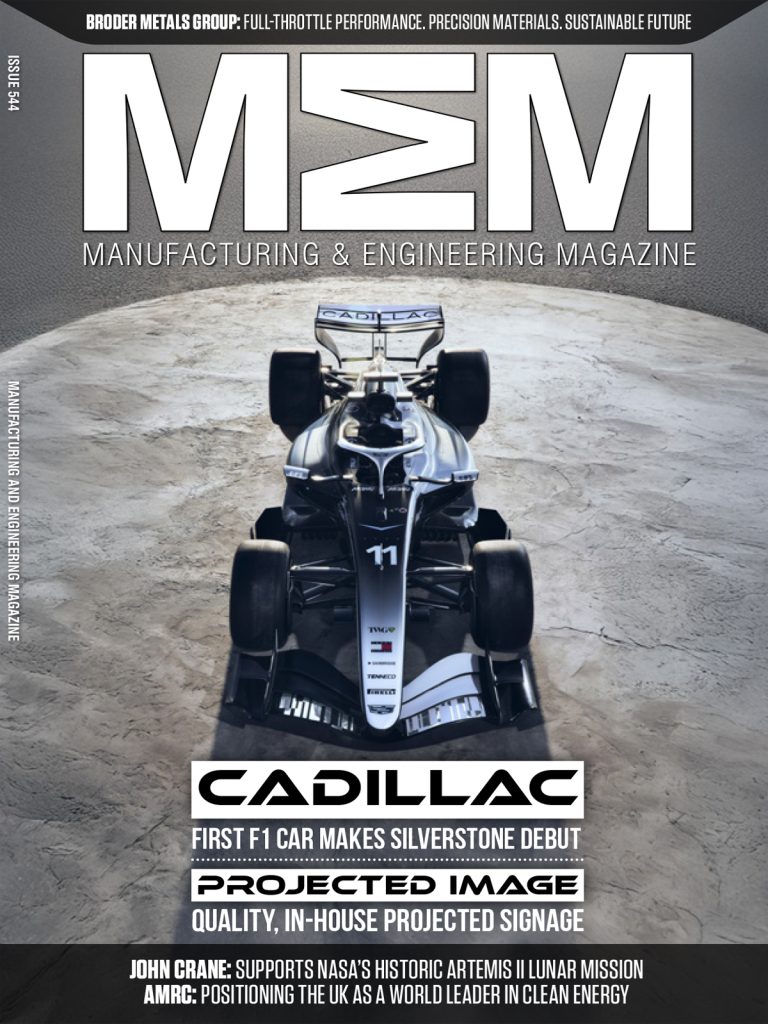Changes to the requirements for manufacturers and operators of pressure equipment that needs to comply with the EU pressure equipment directive (PED), or the UK pressure equipment safety regulations (PESR) came into effect in mid-April. Moving forwards, NDT and permanent joining personnel must be qualified by a Notified Body (NoBo) or Recognised Third-Party Organisation (RTPO) that is accredited to ISO/IEC 17024.
What does this mean for manufacturers and operators of pressure equipment?
Welding procedure and welder operator approvals help to ensure that welders meet industry and regulatory standards. Where safety is critical, as is the case for pressure equipment, the regular assessment of NDT and permanent joining personnel gives stakeholders confidence in the competence of the qualified individuals to deliver quality products.
Given the changes to the mandatory requirements and with the aim to achieve a globally recognised benchmark for organisations that certify people against the requirements of the respective certification scheme, manufacturers and operators of pressure equipment will need to ensure that the assurance provider they use is accredited to ISO/IEC 17024:2012 to remain compliant.
ISO 17024 is the international standard for conformity assessment and sets out the principles and requirements for bodies that certify persons against specific requirements and includes the development and maintenance of a certification scheme for persons.
What support is available?
Leading assurance provider, LRQA is accredited by the United Kingdom Accreditation Body (UKAS) and the Irish National Accreditation Board (INAB) to ISO/IEC 17024 for the certification of NDT and joining personnel. It also holds the required accreditations for EC directives and UK regulations for pressure equipment, transportable pressure equipment, construction products, simple pressure vessels, and machinery.
To help organisations navigate the changes for welder operator approval for PED or PESR permanent joints, LRQA has produced a factsheet that explains more about the mandatory requirements, who they apply to, and possible routes to access certification, which you can download here.
LRQA’s global team of experienced inspectors can support at each step of the process, from inspecting the material to be joined to qualifying the joiners – providing expert insight into the complex world of welding requirements, codes and standards, and the logic behind them.
For more information, contact the LRQA team.
____
Manufacturing & Engineering Magazine | The Home of Manufacturing Industry News













